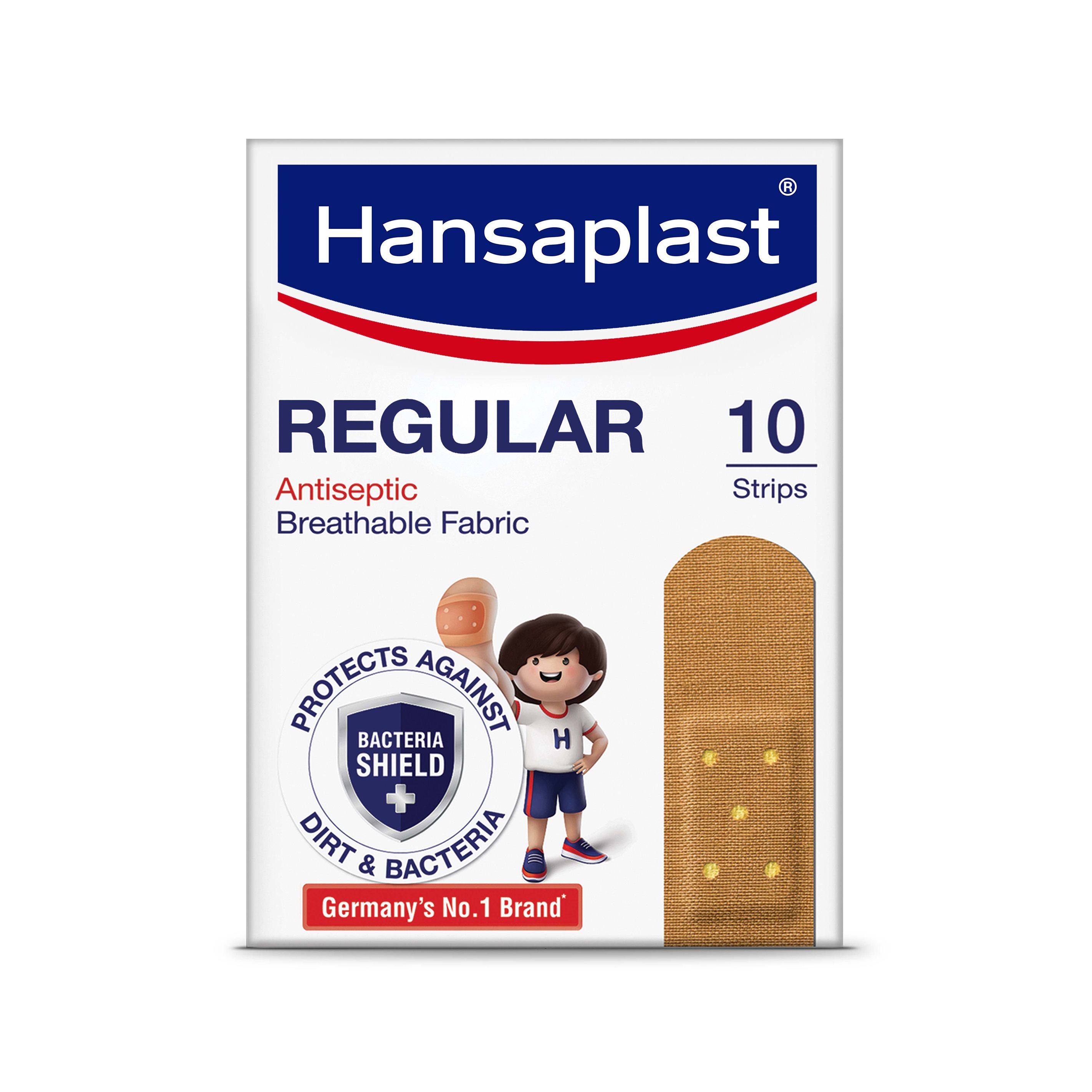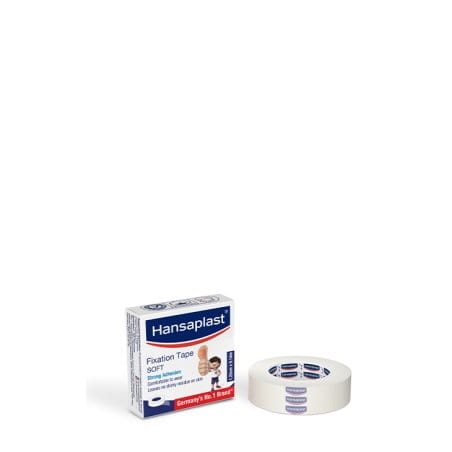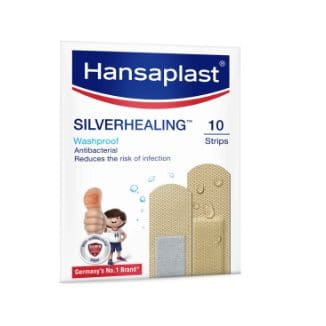Kw: finger arthritis, how to get rid of arthritis in fingers, symptoms of arthritis
Love the “pop” sound of your knuckles when you crack them? Knuckle cracking is a common behaviour enjoyed by many. It can become a habit or a way to deal with nervous energy; some describe it as a way to release the tension. It is believed that cracking your knuckles or fingers might cause arthritis.
First, let’s understand how do your knuckles crack and are harmful to your bones.
Cracking your knuckles may aggravate the people around you, but it probably won't raise your risk for arthritis. That's the conclusion of several studies that compared rates of hand arthritis among habitual knuckle-crackers and people who didn't crack their knuckles. The "pop" of a cracked knuckle is caused by bubbles bursting in the synovial fluid — the fluid that helps lubricate joints. The bubbles pop when you pull the bones apart, either by stretching the fingers or bending them backwards, creating negative pressure. One study's authors compared the sudden, vibratory energy produced during knuckle cracking to "the forces responsible for the destruction of hydraulic blades and ship propellers."
If you’ve ever wondered why stretching the fingers in a certain way causes that familiar noise or whether knuckle cracking is harmful in some way, read on. Despite how common it is, there has been considerable debate regarding where the noise comes from. Fortunately — at least for those of us who are curious about it — knuckle cracking has been the subject of a fair amount of research.



